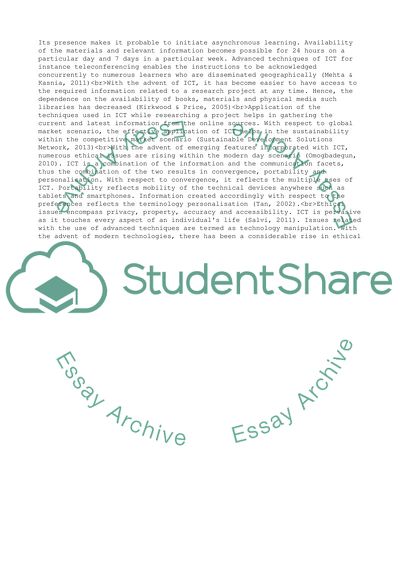Cite this document
(Using ICT when presenting a research project Essay, n.d.)
Using ICT when presenting a research project Essay. https://studentshare.org/information-technology/1801873-using-ict-when-presenting-a-research-project
Using ICT when presenting a research project Essay. https://studentshare.org/information-technology/1801873-using-ict-when-presenting-a-research-project
(Using ICT When Presenting a Research Project Essay)
Using ICT When Presenting a Research Project Essay. https://studentshare.org/information-technology/1801873-using-ict-when-presenting-a-research-project.
Using ICT When Presenting a Research Project Essay. https://studentshare.org/information-technology/1801873-using-ict-when-presenting-a-research-project.
“Using ICT When Presenting a Research Project Essay”. https://studentshare.org/information-technology/1801873-using-ict-when-presenting-a-research-project.


